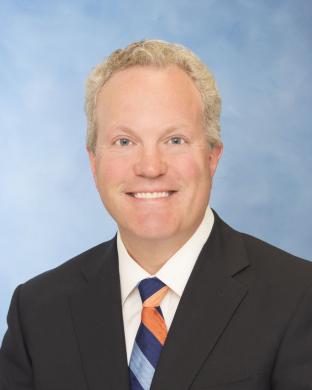The Networking Core develops systems and processes that support direct peer communication and near-peer mentoring amongst all trainees as well as those institutional trainees already supported by other NIH training mechanisms. Community outreach to attract diverse early-career students (high school and undergraduate) into KUH research areas is another important focus. The ultimate goal of the Program is to attract, recruit, provide networking opportunities, engage and prepare trainees academic careers propagating a diverse, equitable and inclusive KUH disease research base.
Participation in integrated training activities is required for all trainees and includes research-in-progress seminars, journal clubs, clinical and scientific conferences. Additionally, all trainees are required to complete an innovative and comprehensive curriculum designed to enhance leadership, team building, and career development. Finally, multiple opportunities for both vertical (other scientists in their discipline) and horizontal (across discipline in broader program) integration both within UM and with our Regional Partners is available for all our trainees.
Trainees are encouraged to present their research progress, on at least a monthly basis, at their division or department research conference. The trainee is expected to participate in clinical conferences, seminars and Grand Rounds conducted within their respective division or department which are designed to provide the trainee with exposure to clinical Kidney, Urology or Hematology topics. Continued exposure to clinical discussion is considered important to generate research ideas for the trainees. All trainees participate in respective journal clubs which serve not only to review current literature but also incorporate lectures on critical evaluation of the literature. In addition to these vertical integration activities, the Networking Core promotes horizontal integration where the trainees in UM KUHR interact across disciplines. The program has a monthly UM KUHR Seminar Series for our trainees. This seminar series has not only trainees present but also allows networking with partner institutions and past trainees. One group of speakers is the trainees themselves to provide updates on their research progress. We also invite trainees at other levels including K level scientists. Michigan has a robust K training program with 40 K08/K23 recipients in the medical school. We invite past trainees who are currently faculty at outside institutions. Finally, all trainees will attend the National U2C Network Annual Retreat to facilitate interaction across all U2C programs nationally.
The UM KUHR Annual Regional Research Retreat is a one-day symposium where all preceptors and trainees meet, present ongoing work, and discuss progress. The discussions are robust, and the trainees and preceptors receive feedback on research progress, scope, and future plans. The retreat is not only a venue for presenting polished results but also serves as a sounding board for new ideas and a resource for troubleshooting problems with projects. The scientific presentations are open to all faculty and trainees, within the institution and across the region as well as those that are not part of the TL1.
In addition to regional offerings, all non-UM trainees are encouraged to participate in relevant UM seminar series, professional development activities and the UM KUHR Annual Regional Research Retreat. While in person attendance to the activities is encouraged, virtual participation is facilitated for all activities for all regional trainees. In addition, regional faculty are highly encouraged to participate in UM trainee mentoring teams and UM faculty are also included on all regional trainee mentoring teams to ensure collaboration and integration between faculty from various sites.



